EUROCINEMA represents audiovisual producers at the European level.
The DSA represents an important step toward a more regulated and safer online environment. Notwithstanding the foregoing, we trust some modifications to the text are necessary:
A. Lex specialis :
Therefore, the DSA Regulation should make clear that no provisions of the DSA shall lead to less favourable solutions to fight against copyright infringement online than those prevailing before or after its entry into force in the Union’s and its Member states’ positive law relating to the protection of literary and artistic property (see amendments in annex).
B. Liability and Notice and action:
a. Article 14 – Notice and Action:
C. Scope of the liability regime in the DSA: exclusion of the active intermediaries (Recital 18) and/or those facilitating illicit acts (Recital 20)
The DSA regulation takes over the limited liability regime of the E-Commerce directive 2000/31/CE in favour of mere conduits, caching and hosting intermediaries. However, it is key that the intermediaries that have in the meantime been qualified as active by the CJUE (see Recital 18 which is taking over Google AdWords Decision) would not benefit from this new DSA liability exemption regime. Same for those intermediaries mainly aiming at facilitating piracy (see Recital 20). Therefore, we trust that the following additional precisions be added:
* Recital 20: “Piracy professionals should not benefit from the DSA liability exemptions. It should therefore be specified that if the main purpose of the service provider is illegal activities, or their facilitation, the exemption of liability could not apply .” [see similar provisions in recital 62 of the 2019/790 EU Copyright Directive]
D. Recital 26: a potential step backwards
Recital 26 notably provides the following: « Where possible, third parties affected by illegal content transmitted or stored online should attempt to resolve conflicts relating to such content without involving the providers of intermediary services in question ».
It therefore seems to suggest a subsidiarity principle when lodging complaints against intermediary providers (providers of intermediary services should only be involved if really needed). This would be a huge step backward considering the E-commerce Directive and Copyright directive provisions.
F. Injunction Proceedings (articles 8 and 9 et recital 29):
We therefore suggest that, beyond the clarifications requested in paragraph A) above, article 8 and 9 only apply to cross-border injunctions. This solution would resolve possible procedural differences between Member States. Besides, the injunctions proceedings as per article 8 appear to be too narrow or unsuited, in the same manner as explained earlier regarding article 14 (see paragraph B) a) ii above).
The orders to provide information regulated by this Regulation concern the production of specific information about individual recipients of the intermediary service concerned who are identified in those orders for the purposes of determining compliance by the recipients of the services with applicable Union or national rules. Therefore, orders about information on a group of recipients of the service who are not specifically identified, including orders to provide aggregate information required for statistical purposes or evidence-based policy-making, should remain unaffected by the rules of this Regulation on the provision of information.
Finally, more specifically concerning article 9 (and recital 32), in case of personal injunctions it should be specified that the data to communicate to the intermediary service provider is wider than the postal address. Indeed, the CJUE July 2020 which provides for such a limit is often used by bad faith defendants.
G. Trusted flaggers (article 19) :
H. Repeated infringements (Article 20 and Recital 47):
As in the case of “trusted flaggers”, there is no reason not to extend the sanction regime for misuse of the service (Article 20.1) or the notification system (Article 20.2) to hosting services other than online platforms, in particular cyberlockers or other kind of hosting service. Similarly, the relevance of the provisions of Article 16 of the DSA, which exclude SMEs from this regime, particularly after a certain period of time elapsed since the creation of the company and after a certain audience for the service has been reached, may be questionable.
I. Traceability of traders (« KYBC ») (article 22) :
Currently, Article 5 of the E-Commerce Directive requires traders to identify themselves on their website, but this provision often remains unanswered, due to the lack of sanctions. The “Know Your Business Customer” (KYBC) obligation imposed by Article 22 on online platforms which enable consumers to conclude distance contracts with traders is therefore welcome, but not sufficient, since it is limited to marketplaces. This obligation to obtain and reasonably verify the identifyin g information of the traders with whom they contract should be extended to all intermediary service providers (e.g. by transferring the provisions of Article 22 to Chapter III Section 1 of the DSA applicable to all intermediaries).
J. Lodging complaint for the implementation of the DSA (Article 43 et Recital 81):
As it stands, Article 43 and Recital 81 provide that beneficiaries of the service (“individuals or representative organisations”) have the right to lodge a complaint against an inte rmediary alleging a breach of the provisions of the DSA with the Digital Services Coordinator in their Member State of residence. The right to act should be extended to any interested party, or at least to “trusted flaggers” and the competent public authorities of the Member State.
K. Illegal contents:
While the definition of an illegal content provided into article 2 g)14 is general, leaving each Member States the possibility to define what is illegal according to its own national law, it still covers an activity including “sales of products and provision of services”.
For the sake of clarity, it should be specified that it includes “sales of products and contents”.




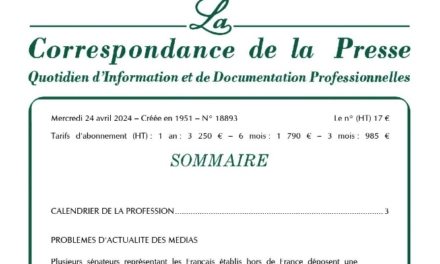





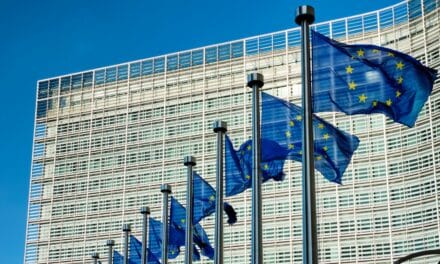
![[DSA, AI Act] Régulation, et si l’Europe avait raison ? Podcast les Eclaireurs du Numérique avec Jean-Marie Cavada](https://idfrights.org/wp-content/uploads/2023/12/8c234391-01e8-40d4-9608-4ea6c80d4f11-440x264.jpg)


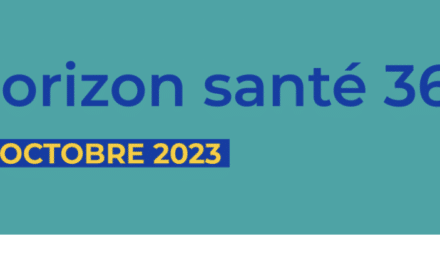



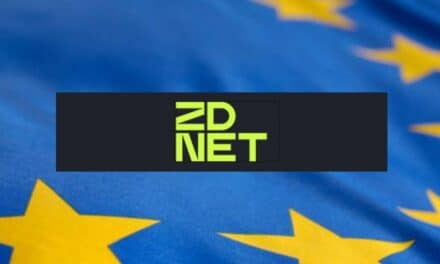



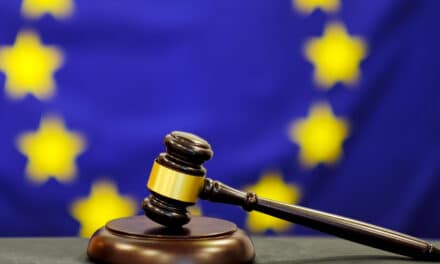



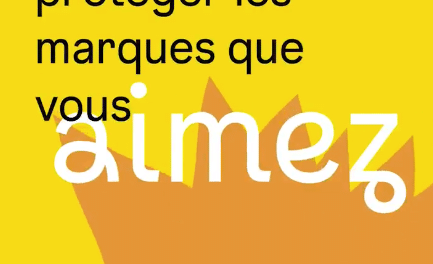



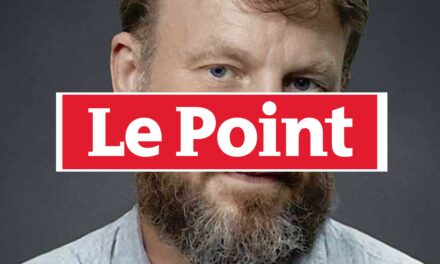








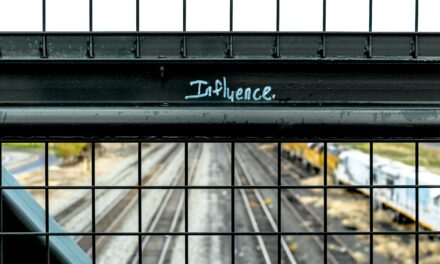













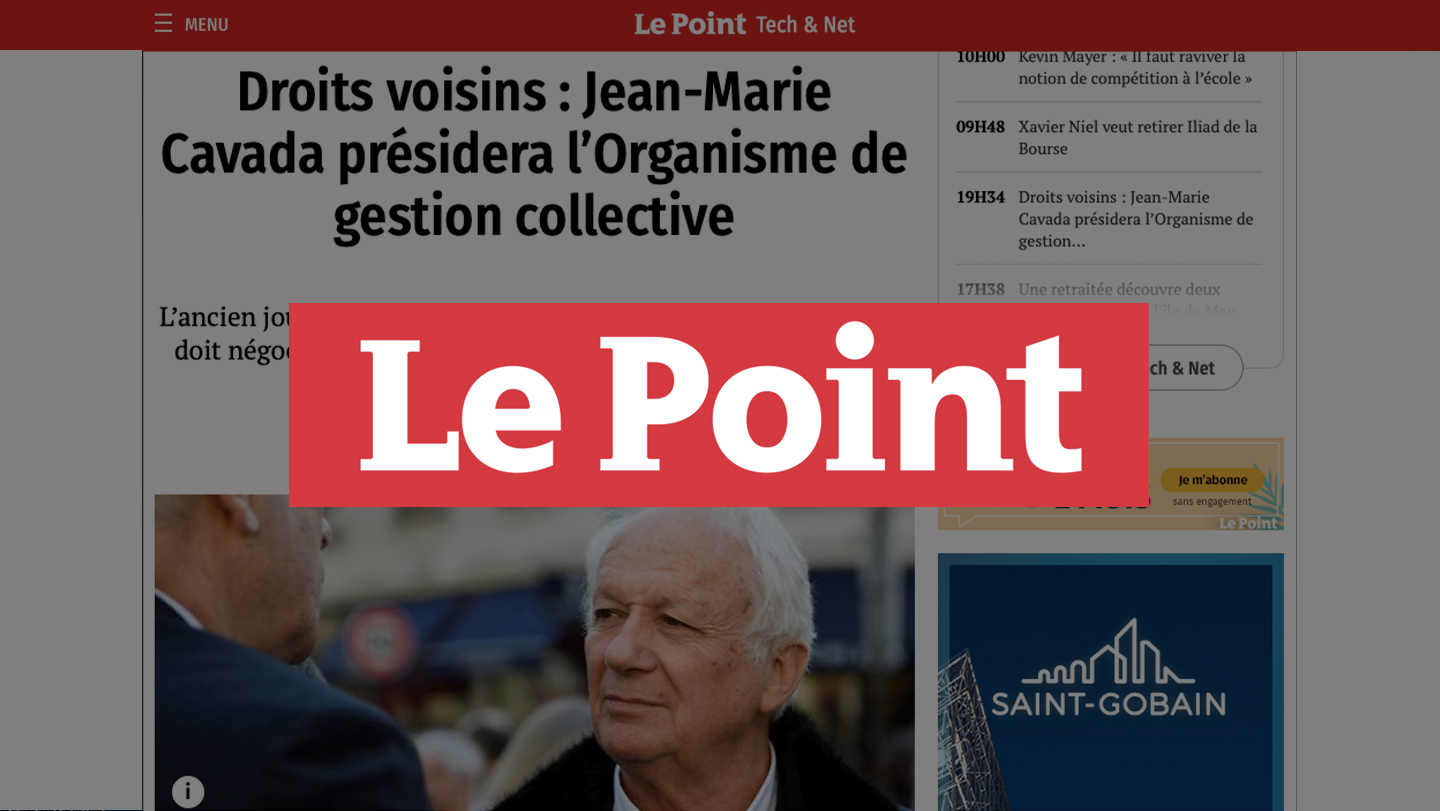
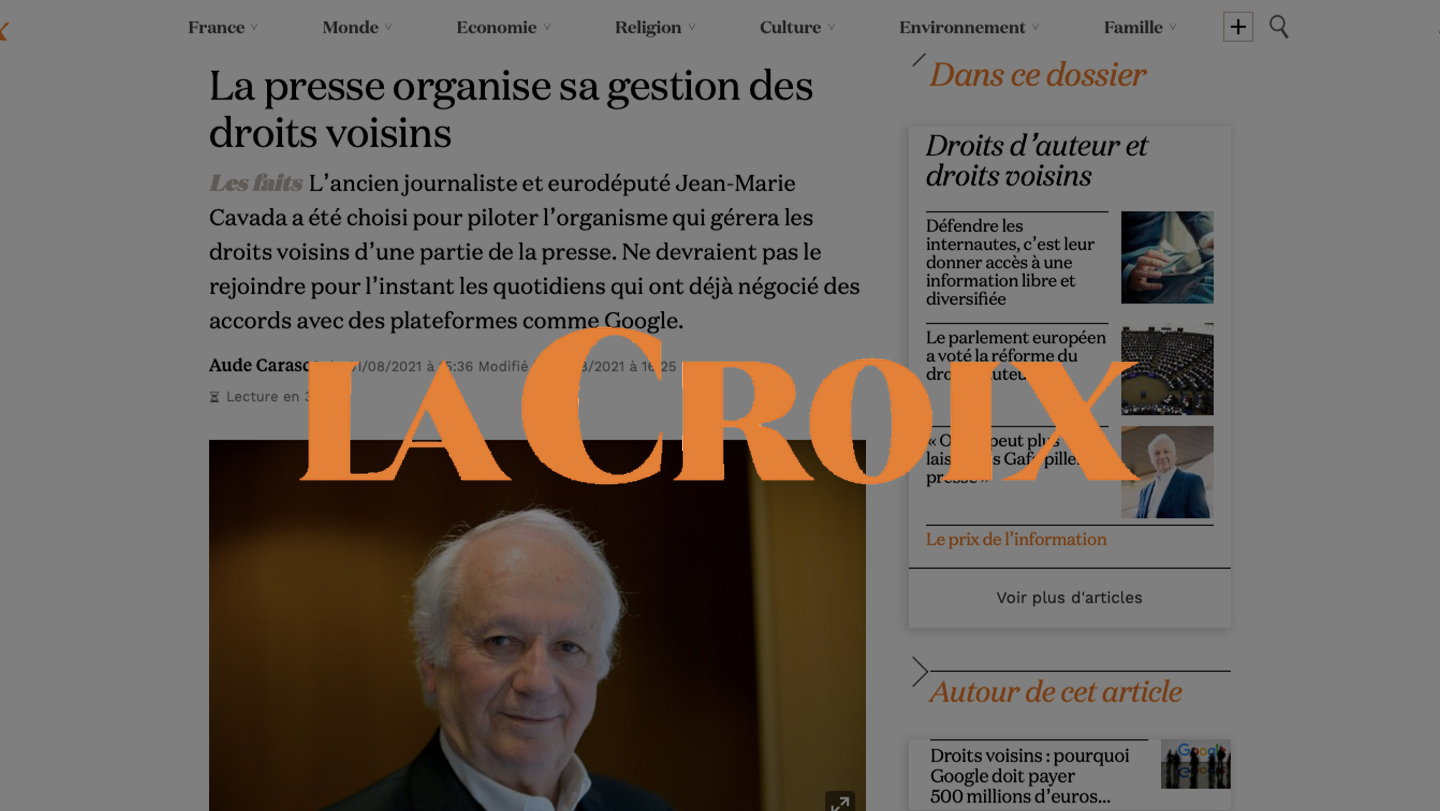



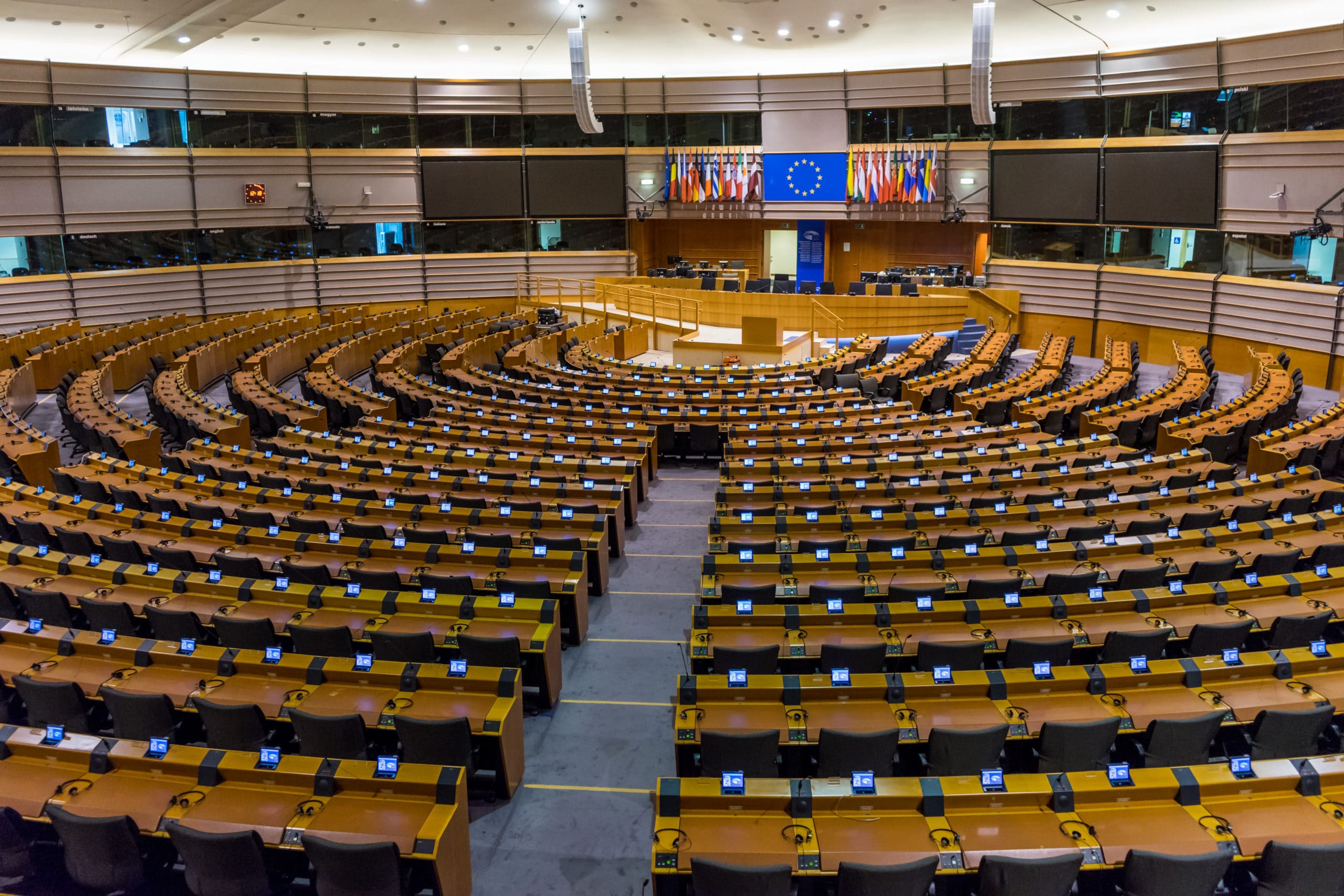








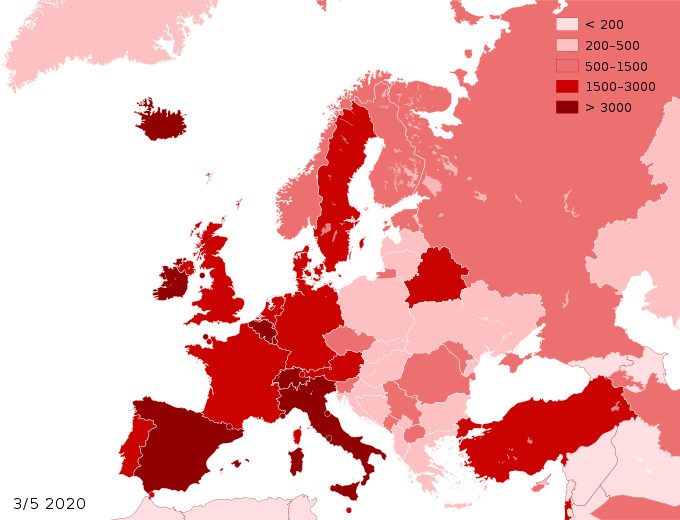




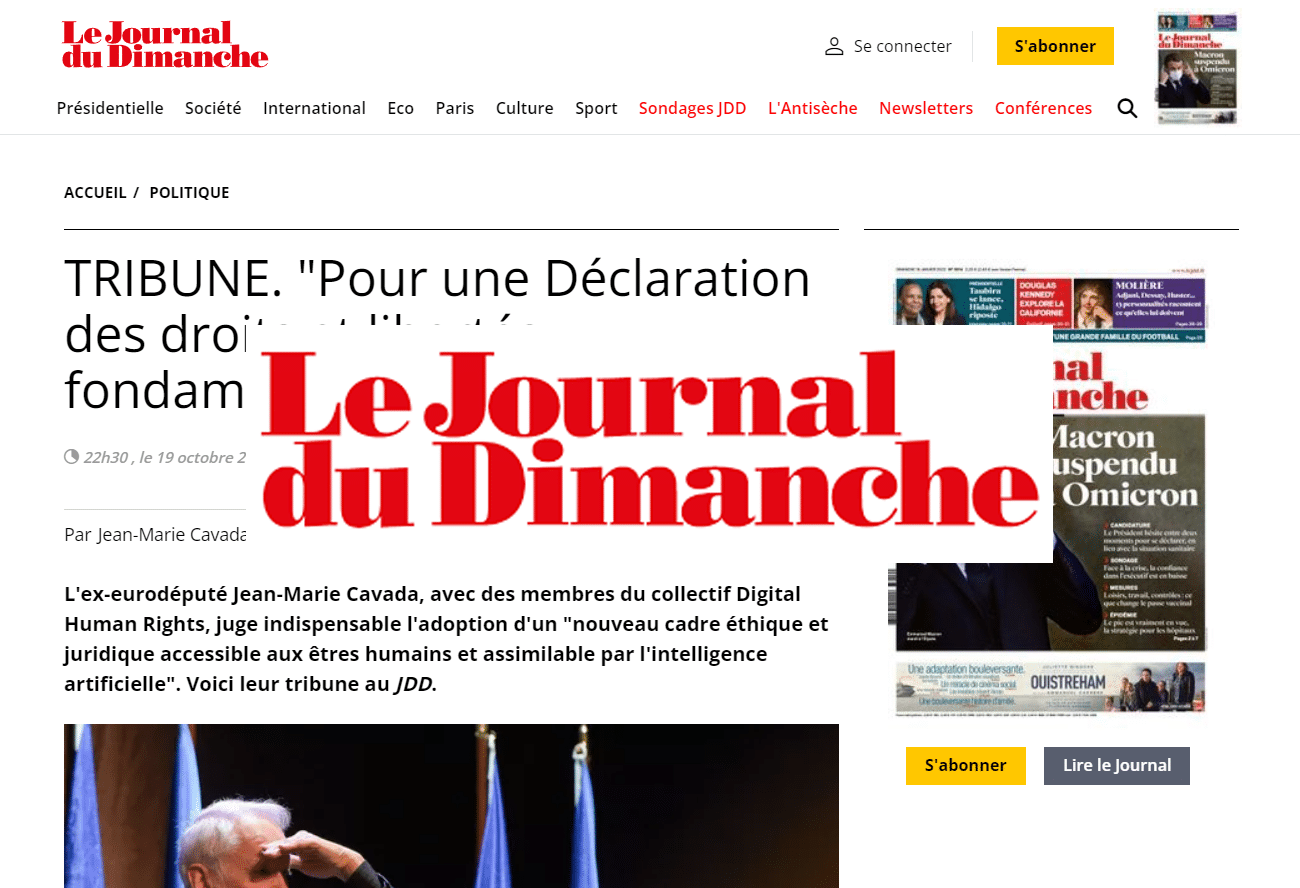


![[DSA, AI Act] Régulation, et si l’Europe avait raison ? Podcast les Eclaireurs du Numérique avec Jean-Marie Cavada](https://idfrights.org/wp-content/uploads/2023/12/8c234391-01e8-40d4-9608-4ea6c80d4f11-400x250.jpg)
